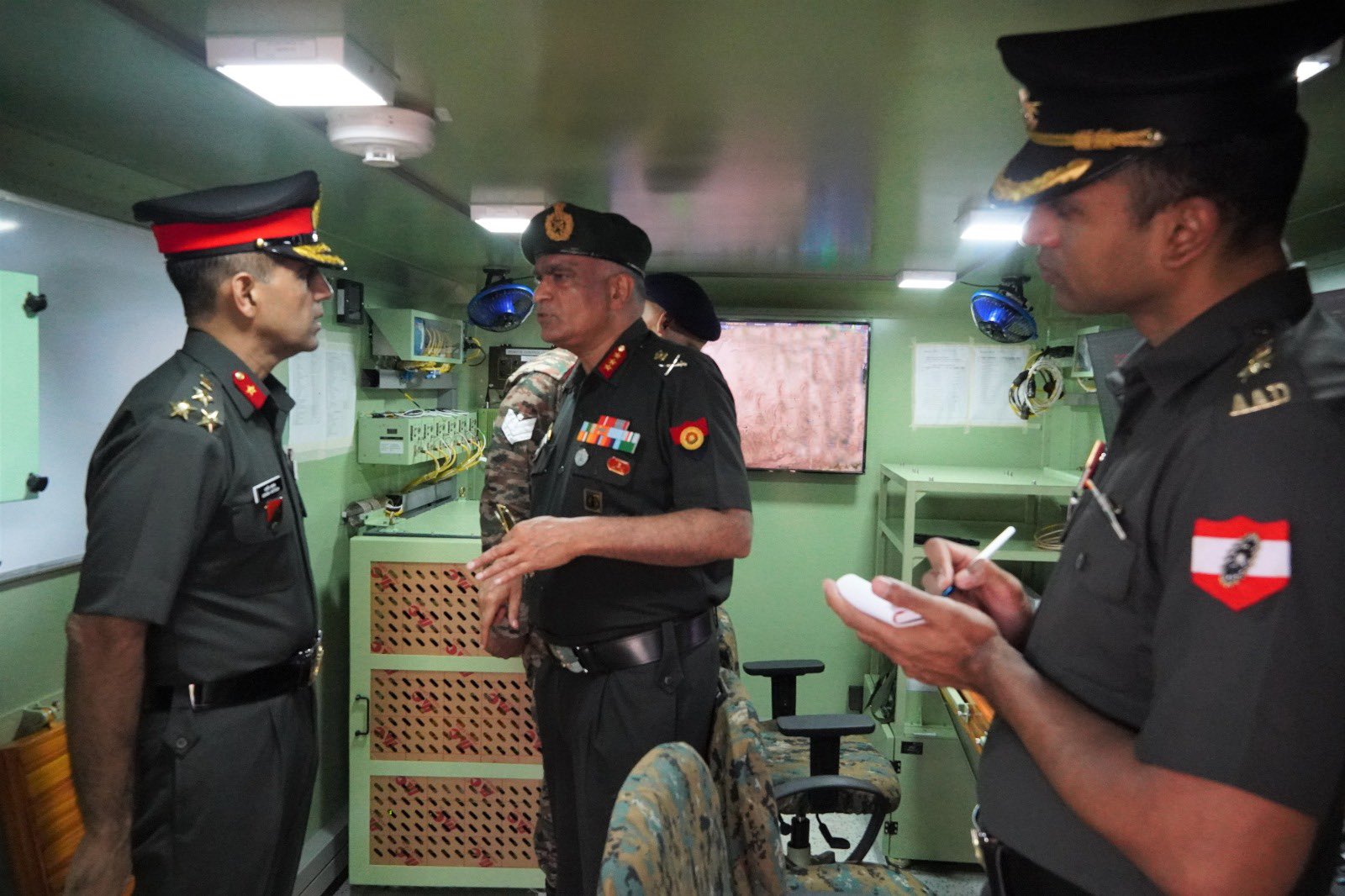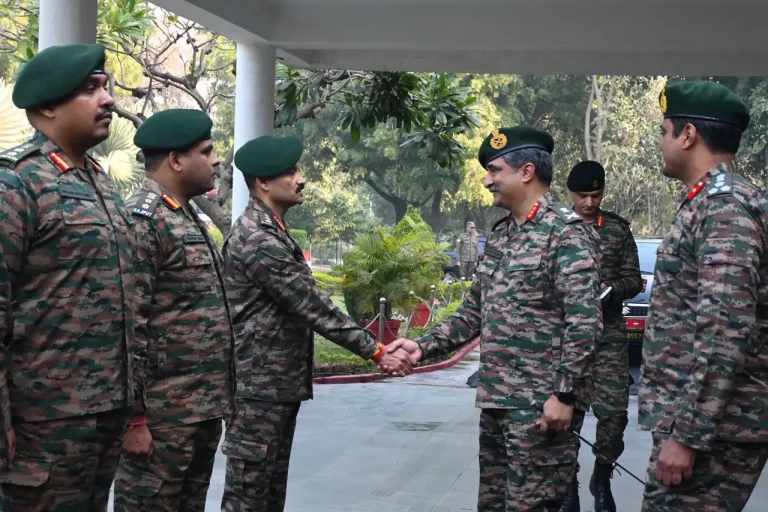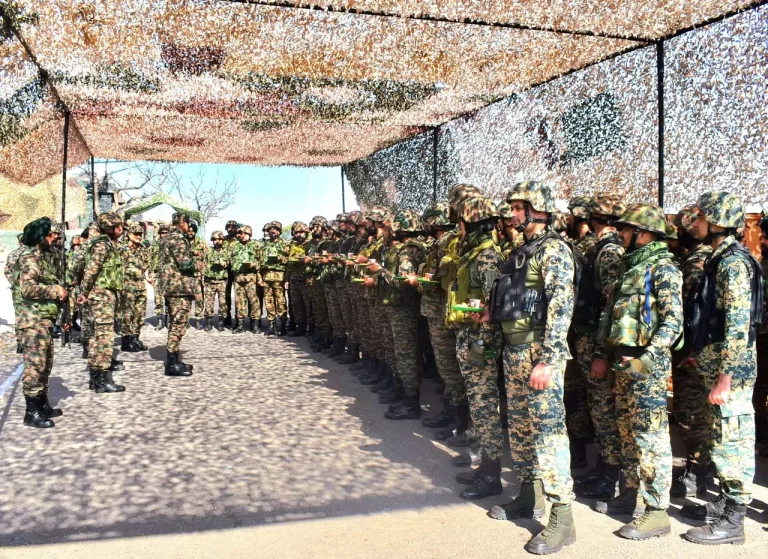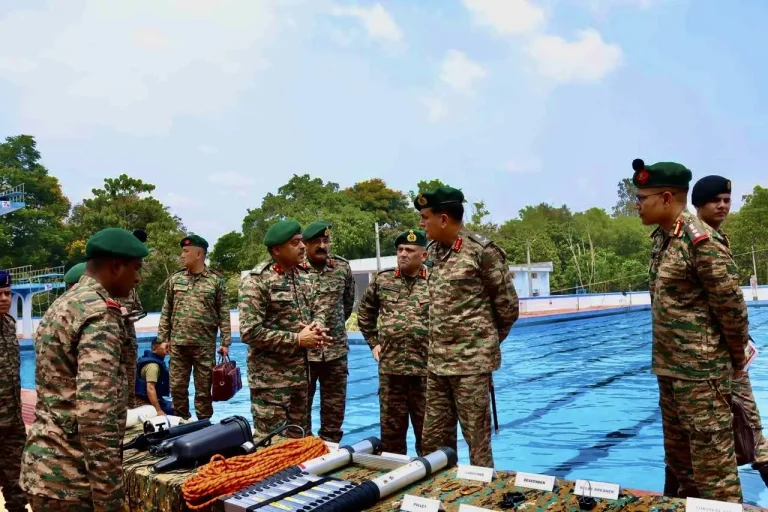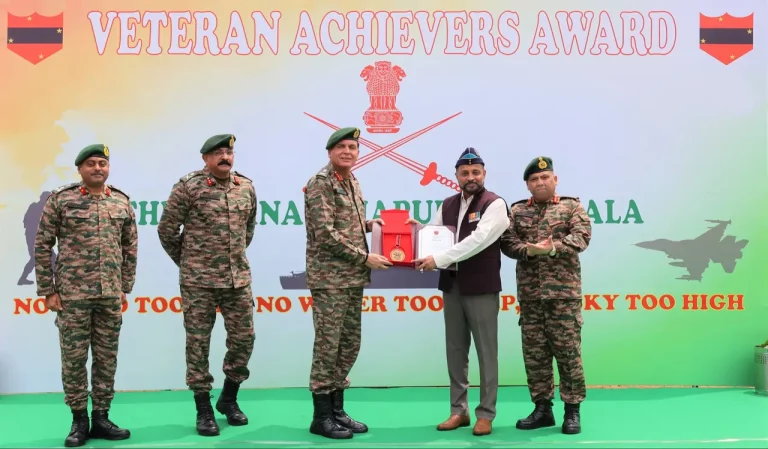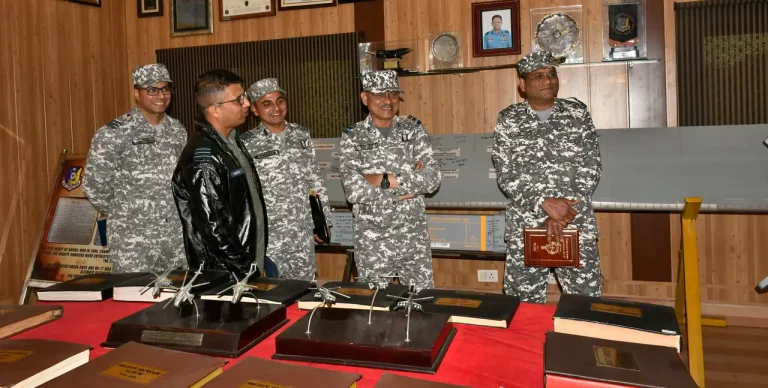Lieutenant General Sumer Ivan D’Cunha, the Director General of Army Air Defence and a prominent Goan officer, recently conducted a visit to the First Strike Brigade. This visit aimed to evaluate capability enhancement projects and review the operational preparedness of the brigade. Commissioned into the Indian Army in 1988 and holding a PhD in Management, Lt Gen D’Cunha is recognized for his expertise in missile systems and for his commanding role in air defense formations.
During his visit, Lt Gen D’Cunha praised the professionalism of the First Strike Brigade and highlighted its critical role in Operation Sindoor. This precision strike operation, executed in May 2025, targeted terrorist infrastructure in Pakistan and was a direct response to the tragic Pahalgam terror attack that resulted in the loss of 26 lives. The operation showcased India’s advancing self-reliance in defense technologies.
The First Strike Brigade is a key component of the Indian Army’s I Corps, which is headquartered in Mathura. Since its formation in 1965, the brigade has been tasked with adapting to the shifting strategic environment. In 2021, amid escalating tensions with China, the I Corps was redeployed to the northern sector, ensuring a sustained military presence along the Line of Actual Control in Ladakh. The corps currently has an extensive deployment, housing nearly 500 tanks and 50,000 troops to address security concerns in the region.
Operation Sindoor represented a pivotal achievement for India’s Atmanirbhar Bharat initiative, as the First Strike Brigade utilized indigenous systems developed under Project Kusha. These advanced systems are tailored to address multi-domain challenges and enhance India’s precision strike capabilities. The mission effectively dismantled nine terrorist targets located in both Pakistan and Pakistan-occupied Jammu and Kashmir, marking a significant accomplishment for India’s military strategy.
Lt Gen D’Cunha’s presence is viewed as a strong endorsement of the Indian Army’s broader transformation strategy under the Viksit Bharat 2047 roadmap. Military analysts emphasize the importance of this visit, particularly in the context of evolving regional threats and India’s ambition to cultivate a future-ready armed force. The Southern Command and Sudarshan Chakra Corps are integral to these operations, playing a vital role in shaping India’s defense posture in a progressively unstable neighborhood.
